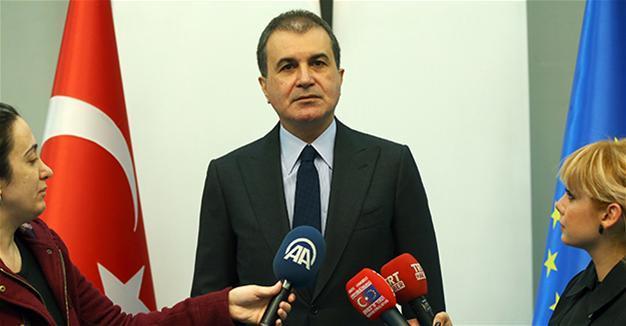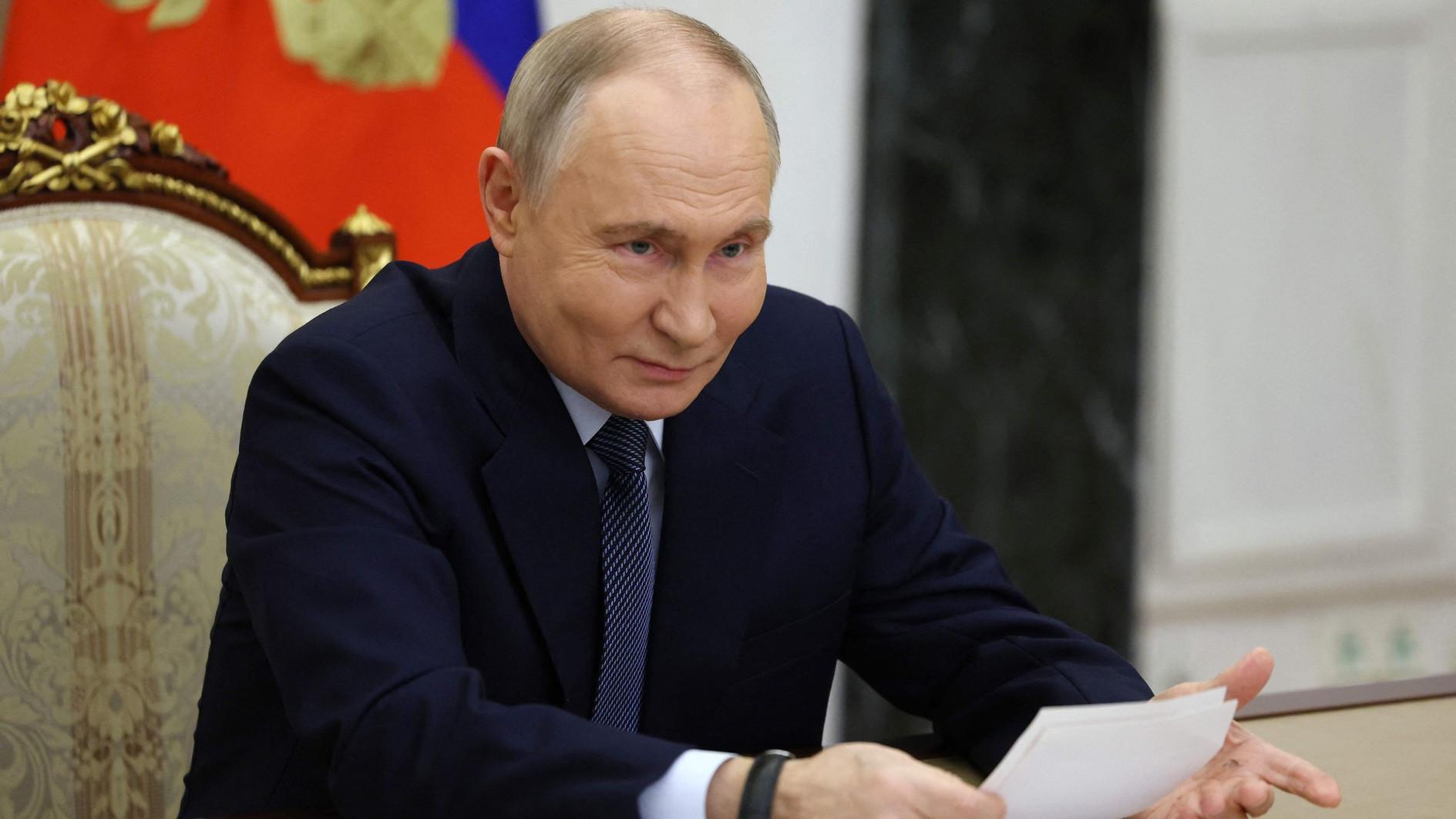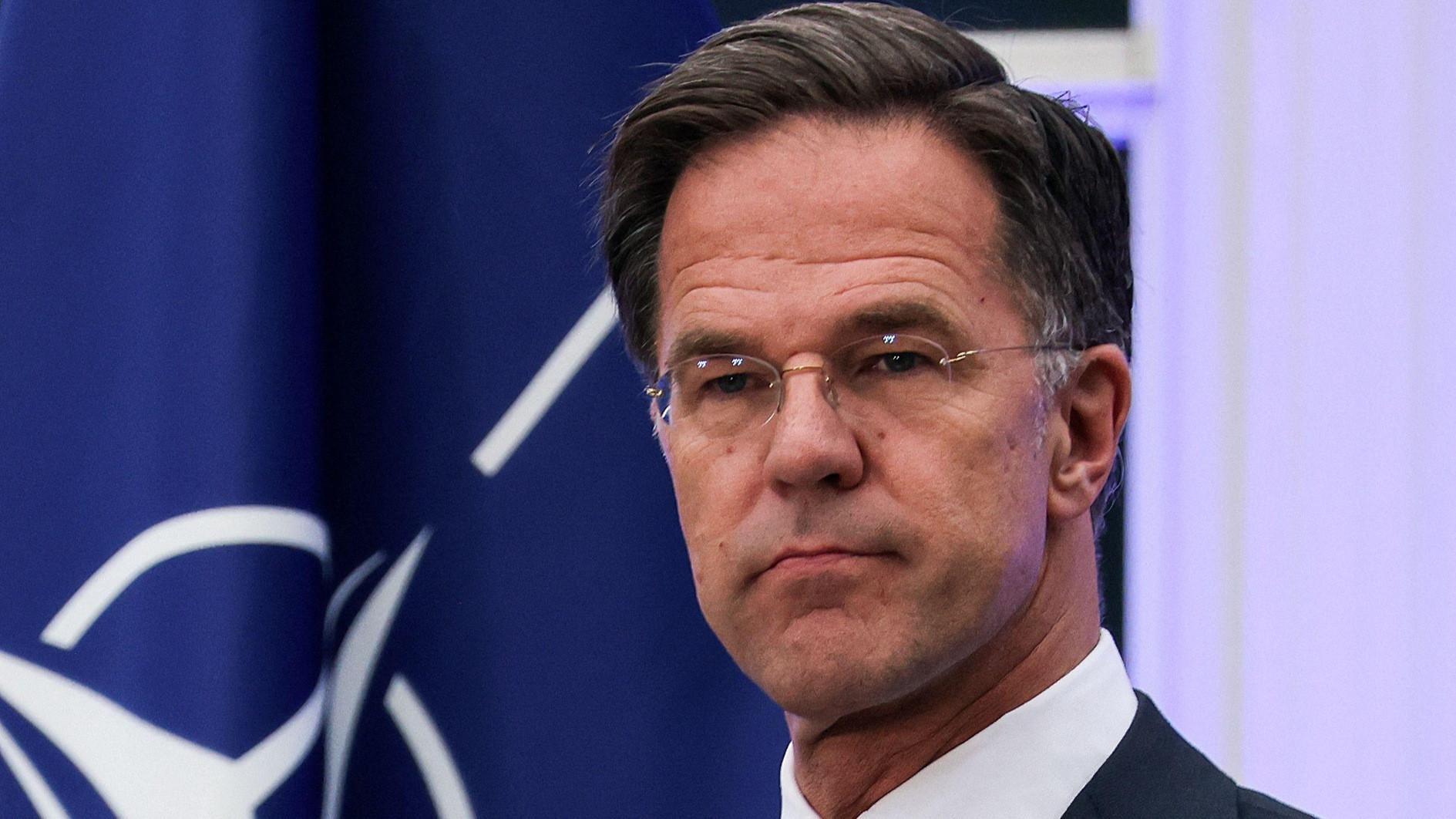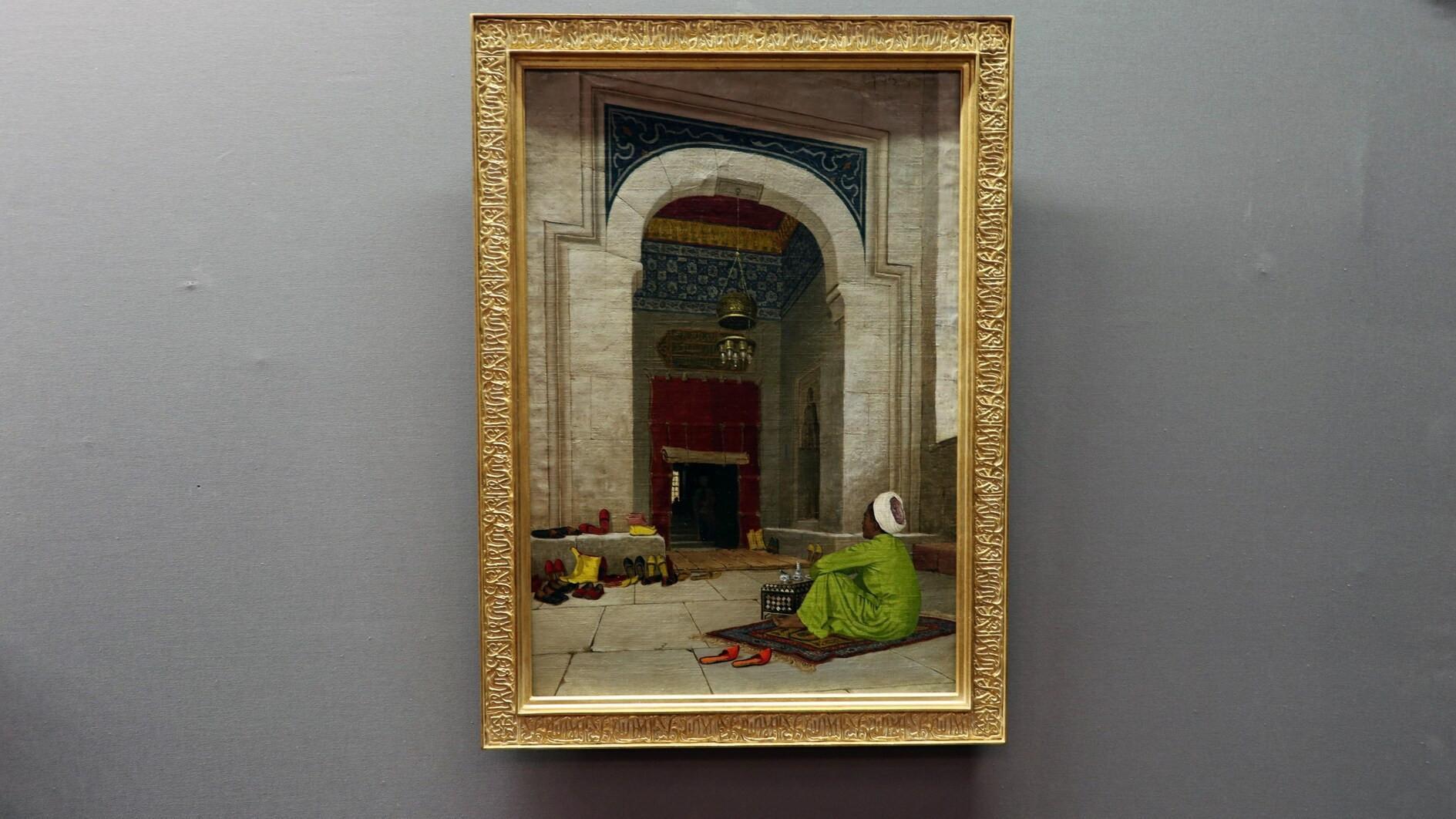Turkey, EU step up diplomacy after nosedive in relations
Sevil Erkuş - ANKARA
 Turkey’s EU Minister Ömer Çelik will travel to Brussels and Strasbourg on May 9, where he is expected to hold meetings with the bloc’s foreign affairs chief Federica Mogherini, European Commission Vice-President Frans Timmermans, and Council of Europe Secretary General Thorbjorn Jagland, after a period of high tension between the EU and Ankara.
Turkey’s EU Minister Ömer Çelik will travel to Brussels and Strasbourg on May 9, where he is expected to hold meetings with the bloc’s foreign affairs chief Federica Mogherini, European Commission Vice-President Frans Timmermans, and Council of Europe Secretary General Thorbjorn Jagland, after a period of high tension between the EU and Ankara. Çelik’s talks aim to lay the ground for a planned trilateral meeting between President Recep Tayyip Erdoğan, European Commission President Jean-Claude Juncker and EU Council President Donald on the sidelines of the NATO summit on May 25.
The EU and Turkey hope to leave behind a war of words and draw a road map for improving ties in the current bilateral agenda, which is focused on upgrading the Customs Union and implementing the ongoing refugee deal. Officials from both sides are eager to focus on a more realistic agenda, as opening a new negotiation chapter for Turkey’s EU accession process has dropped off the radar of the European Council’s December summit.
A planned meeting between Erdoğan and the EU officials could set the agenda between Ankara and Brussels and then ministers and bureaucrats could continue to work on practical issues, a Turkish official told the Hürriyet Daily News on condition of anonymity.
The EU and Turkey could hold a summit after September, following the election in Germany, the official added.
Brussels and Ankara agreed in March last year on a plan to stop migration through illegal channels in the Aegean Sea by cracking down on human traffickers and improving the conditions of nearly 3 million Syrian refugees in Turkey.
Under the agreement, Ankara agreed to take back all Syrians who crossed into the Greek islands illegally from Turkey, and the EU promised to take in the same number of Syrian refugees from Turkey. The agreement also called for visa waiver for Turks visiting the EU.
While the plan successfully reduced refugee flows, the European Commission demanded that Ankara fulfill “five plus two” outstanding criteria out of a total of 72, including “revising legislation and practices on terrorism in line with European standards.”
Ankara has studied the five remaining benchmarks, while saying that the other two criteria - biometric passports and readmission - are partially fulfilled. Turkey has reportedly prepared a road map proposal for the remaining five benchmarks, including the revision of its anti-terror laws, but it has delayed submitting the proposal to Brussels since the terror attack in the Istanbul district of Beşiktaş in December 2016, the official also said.
















